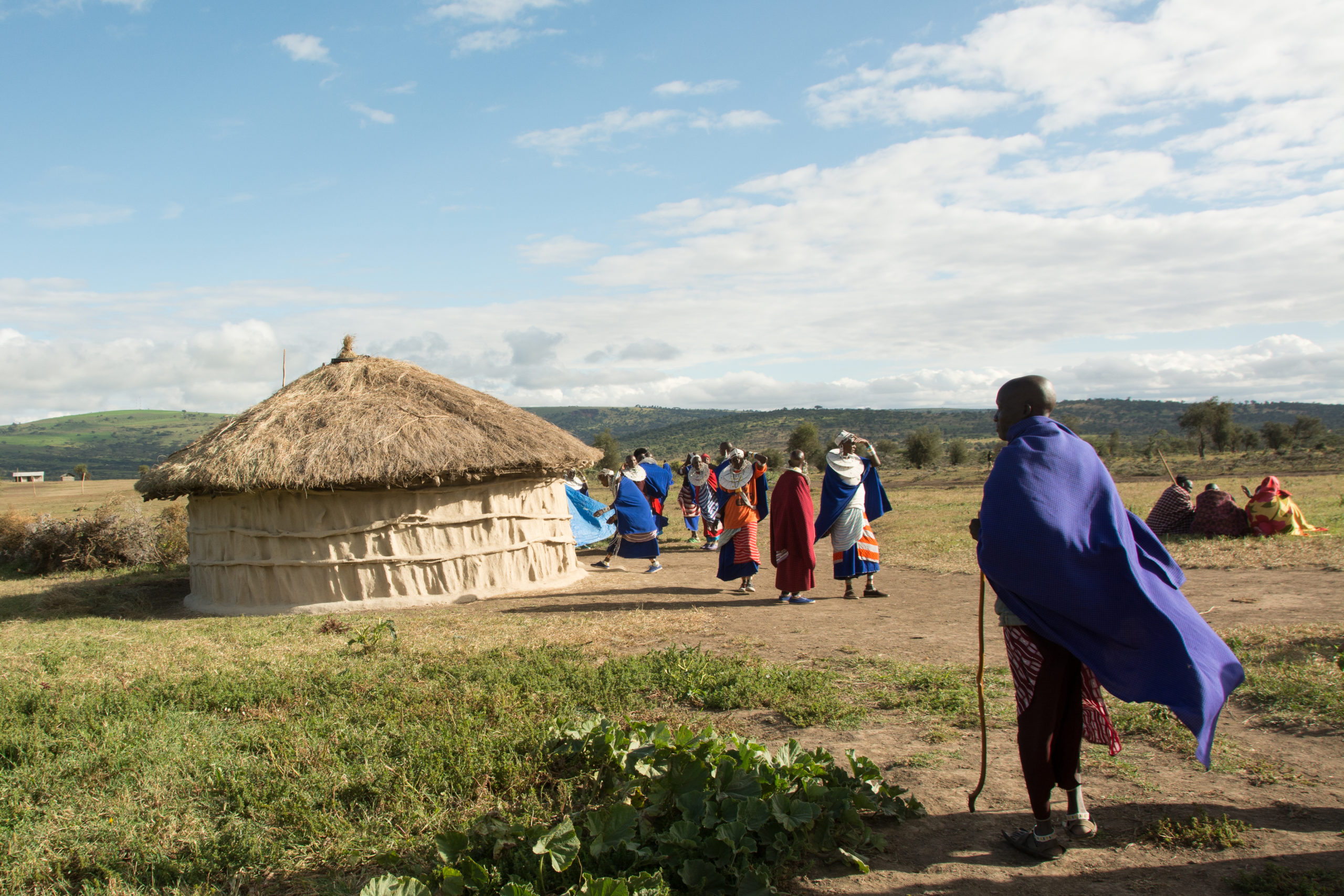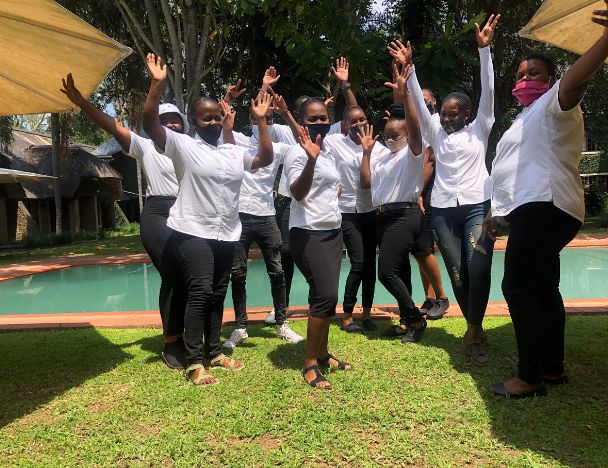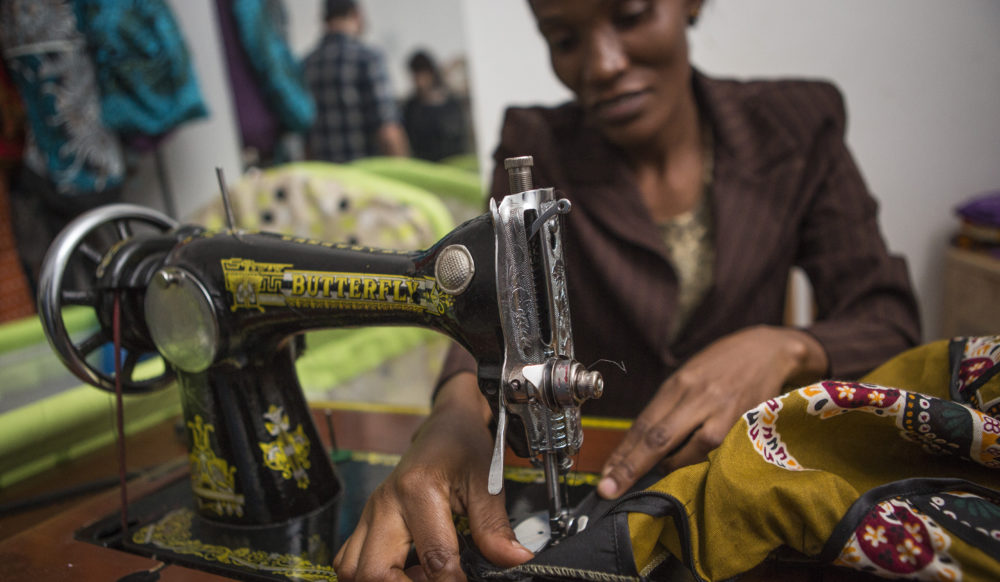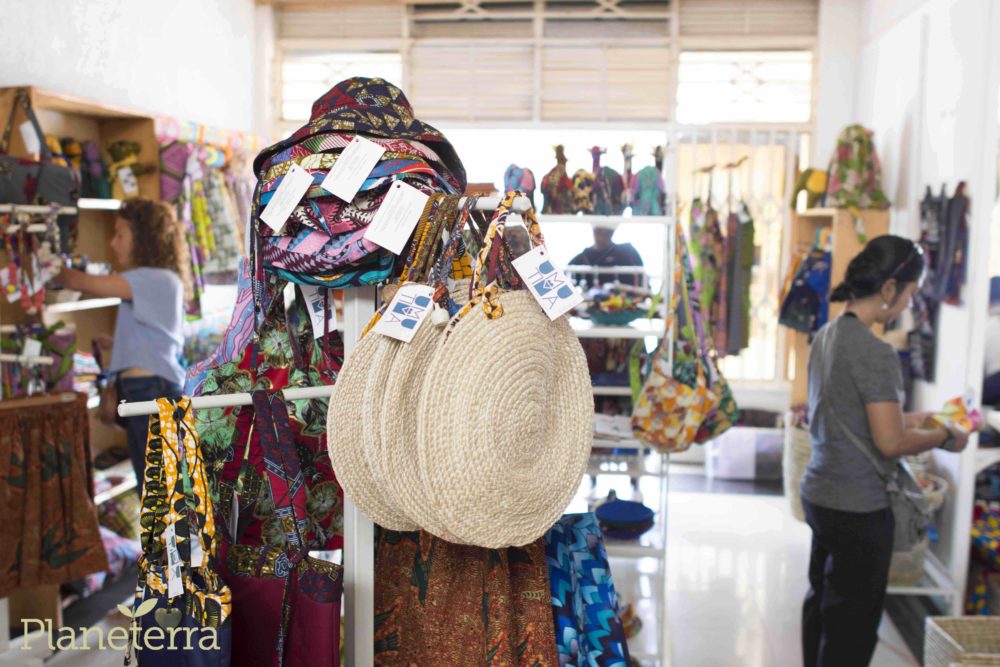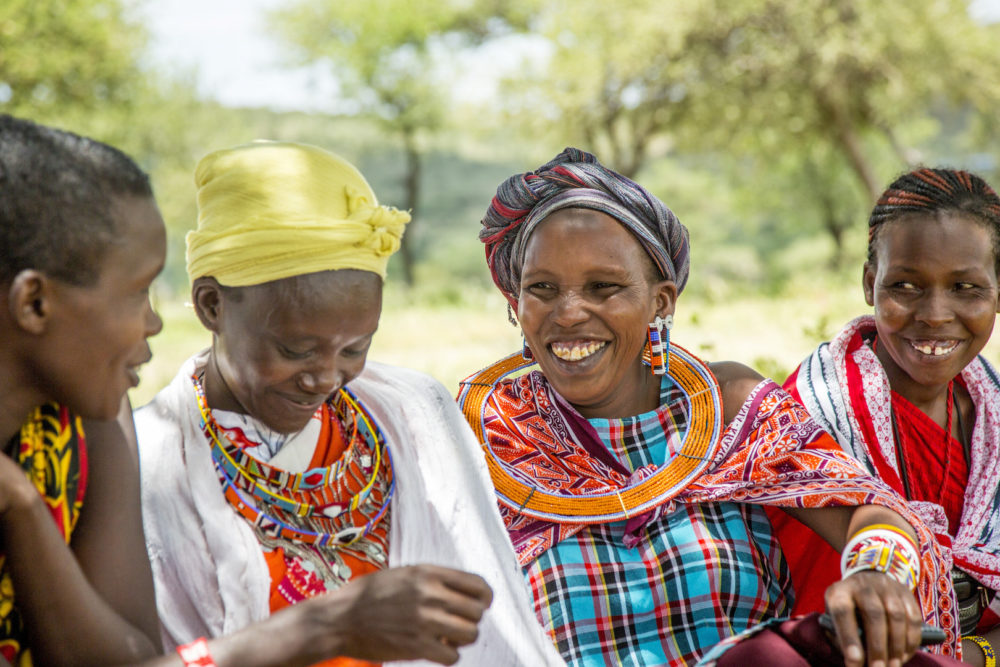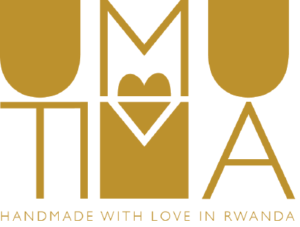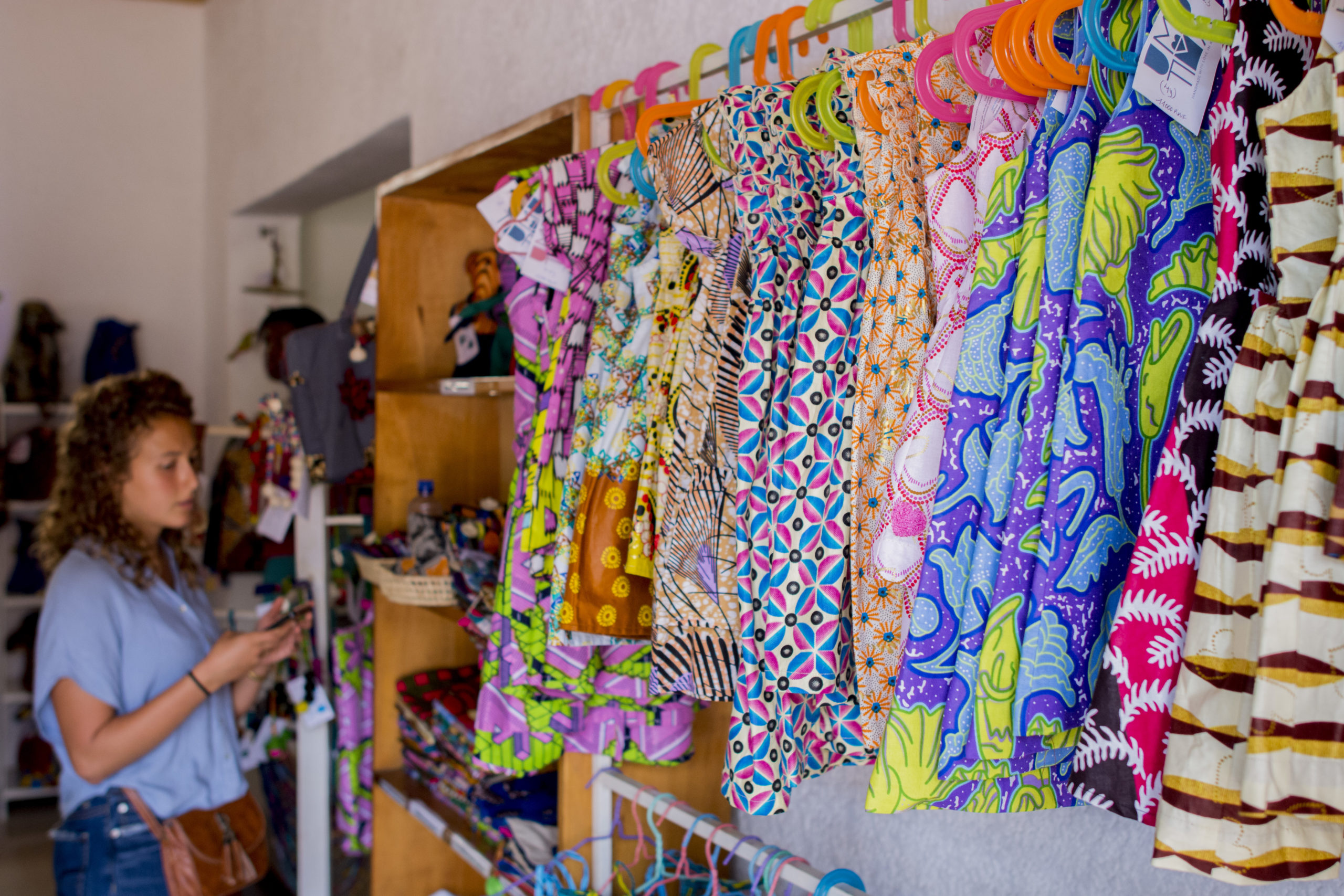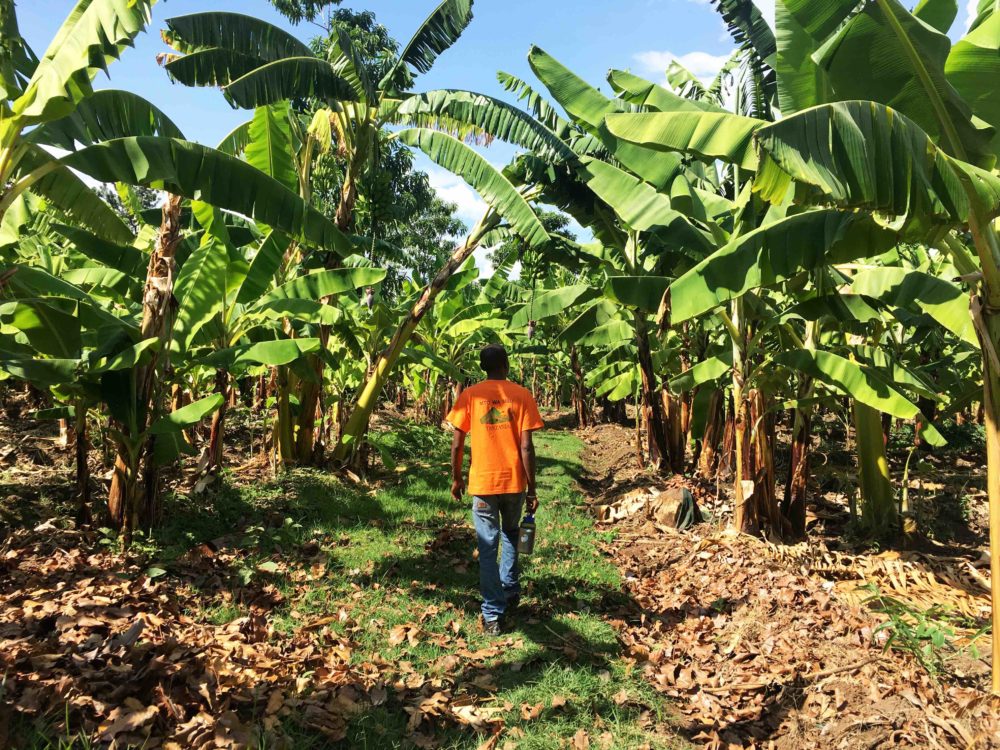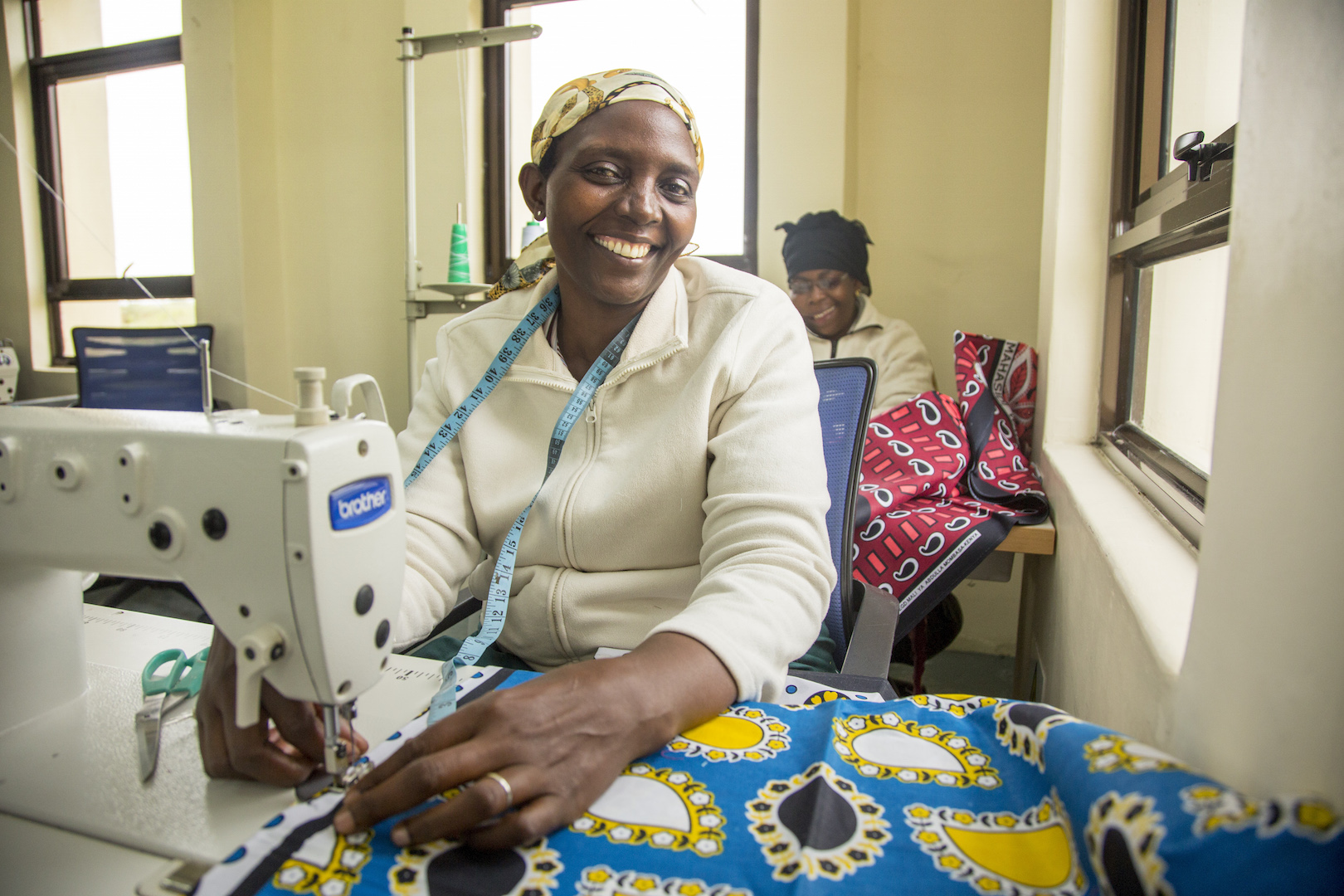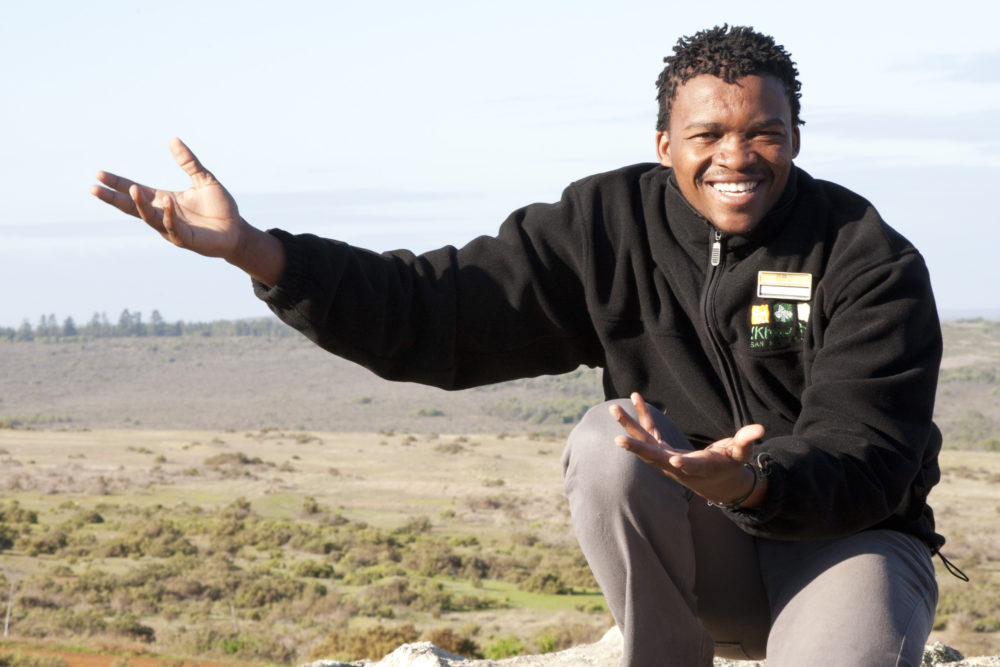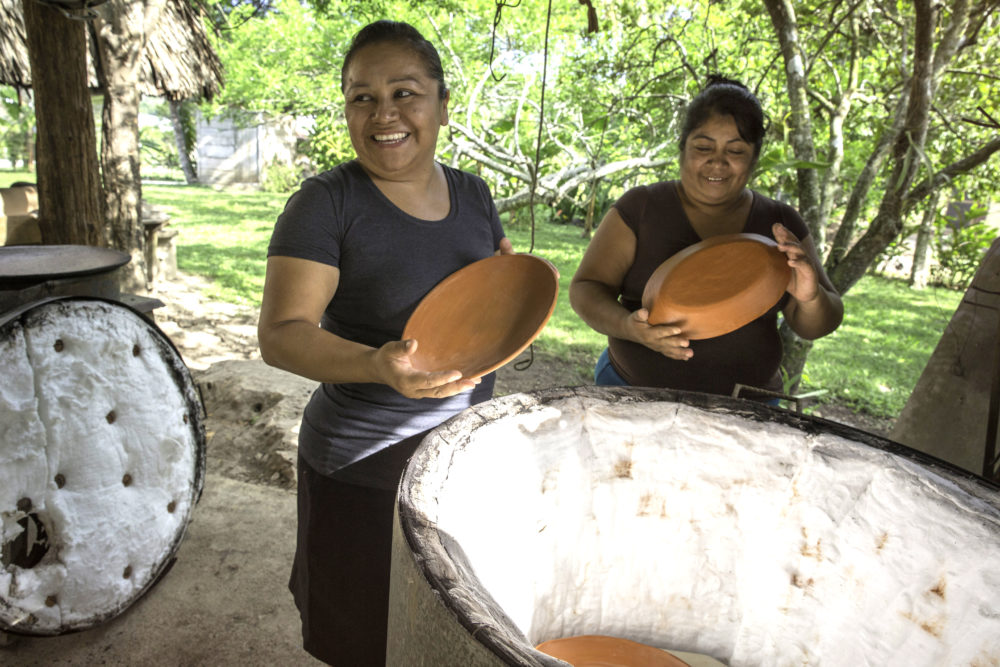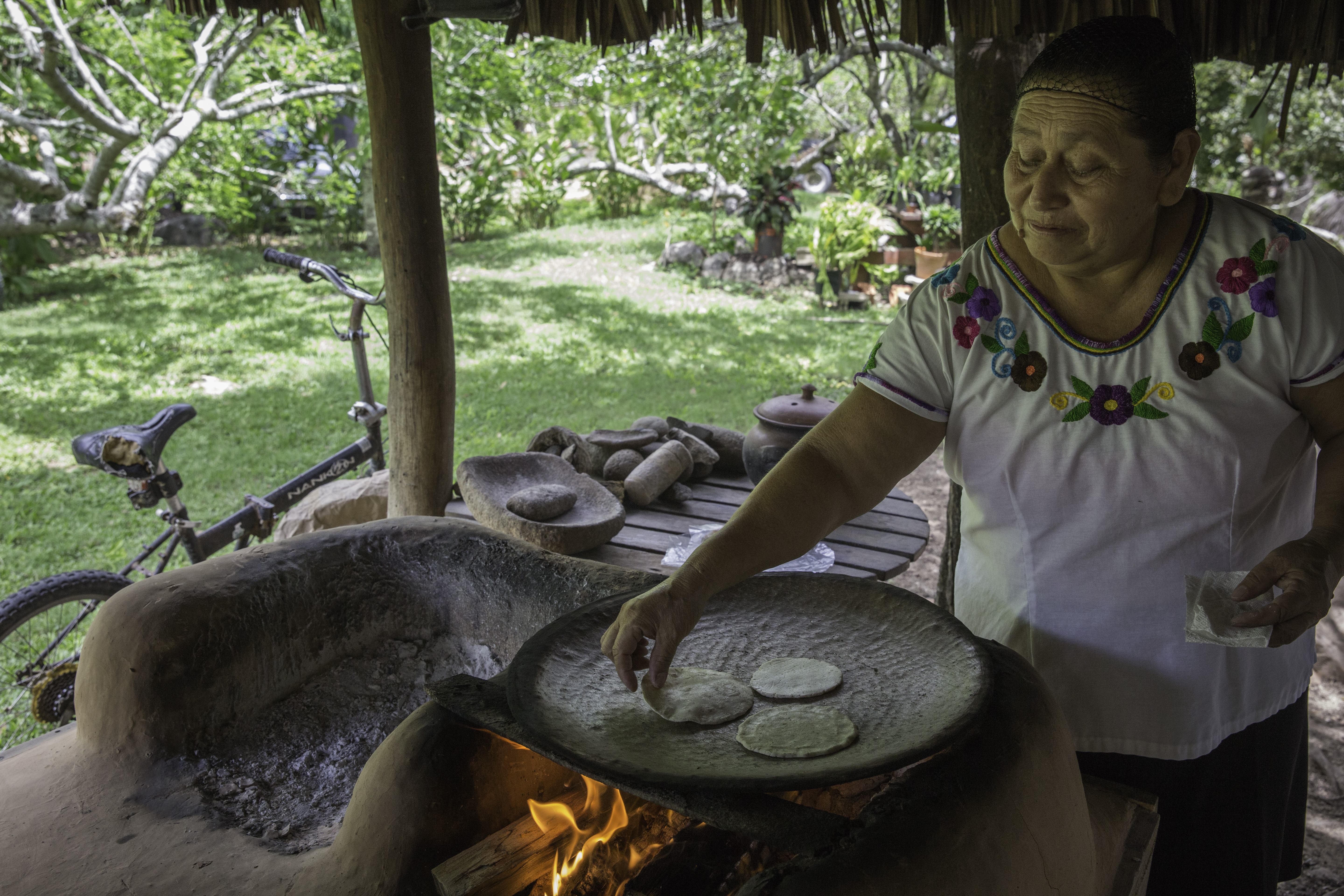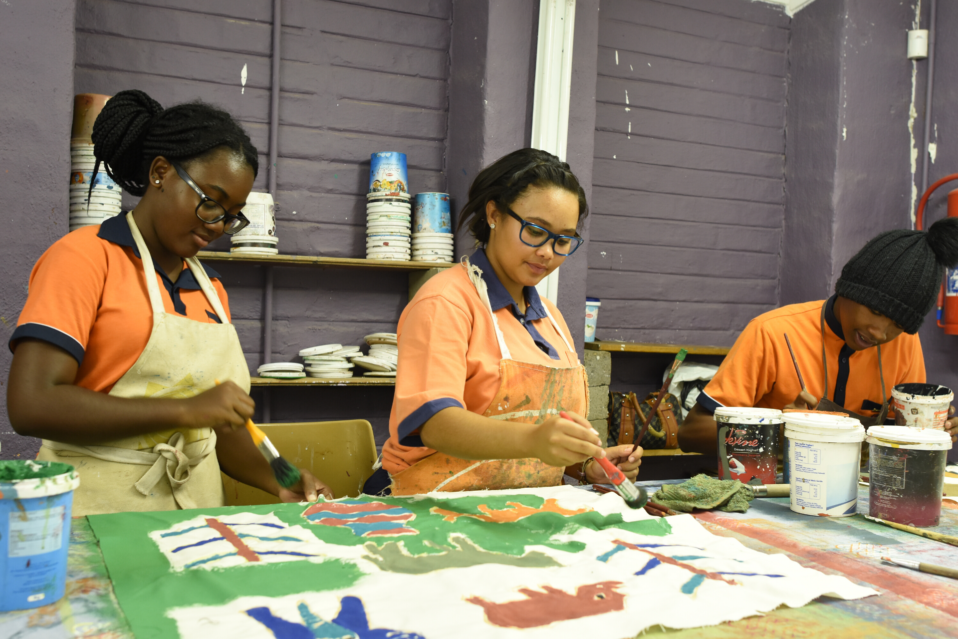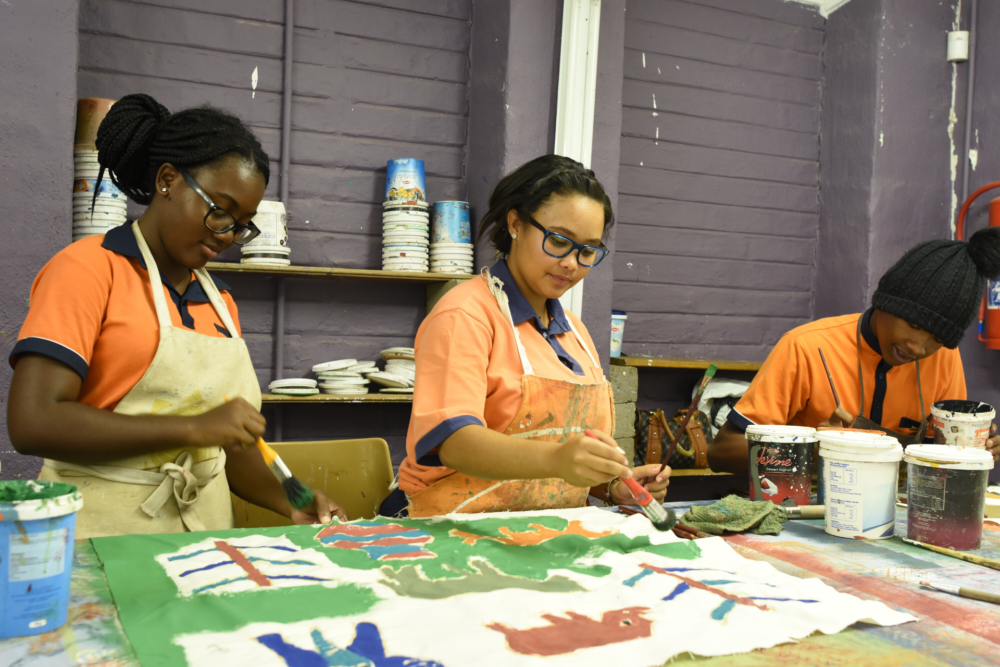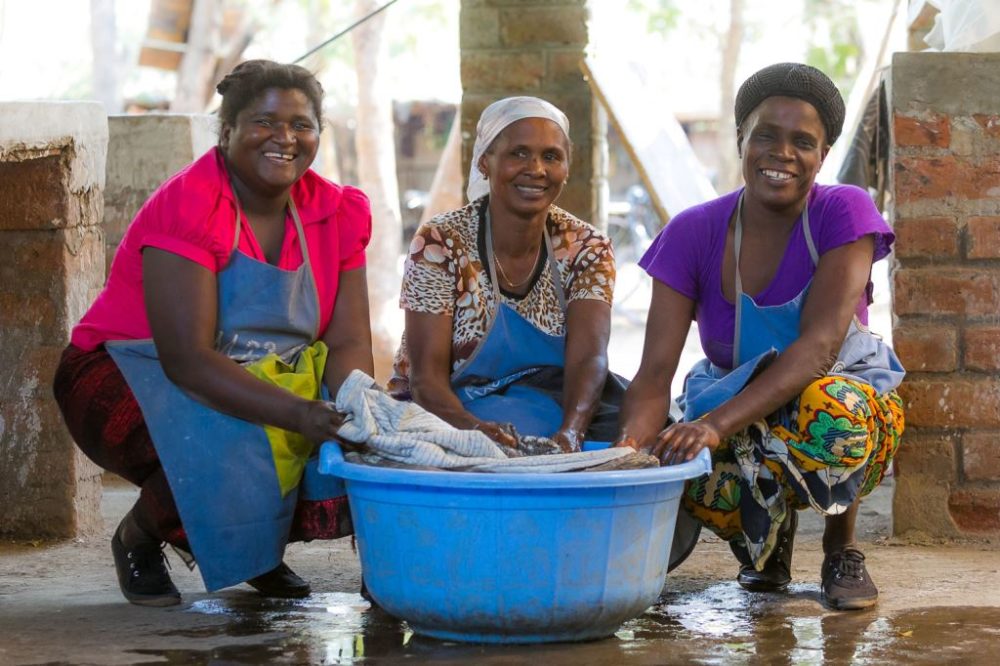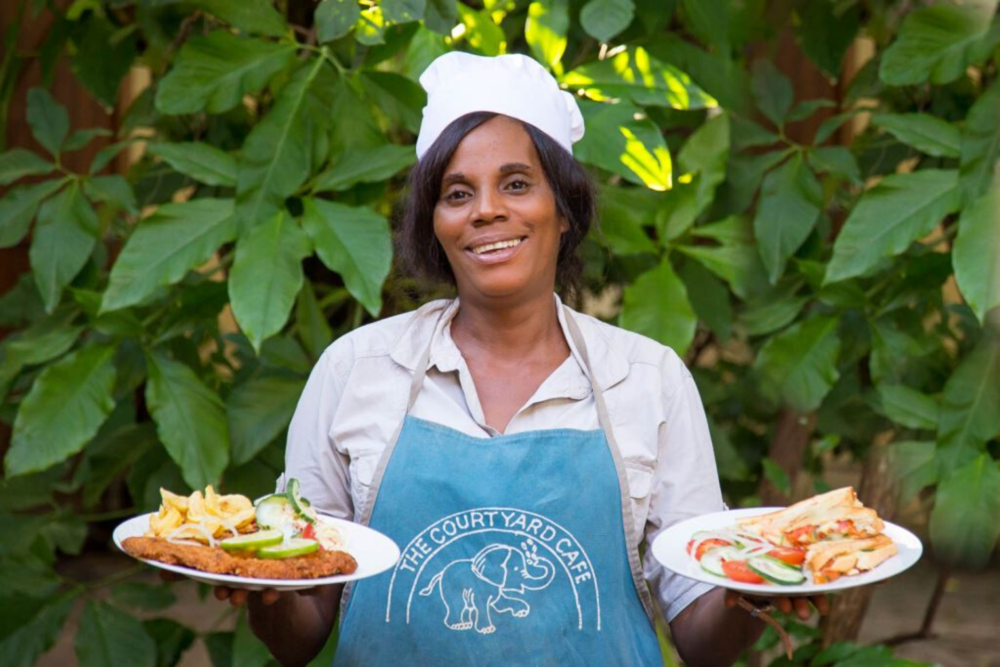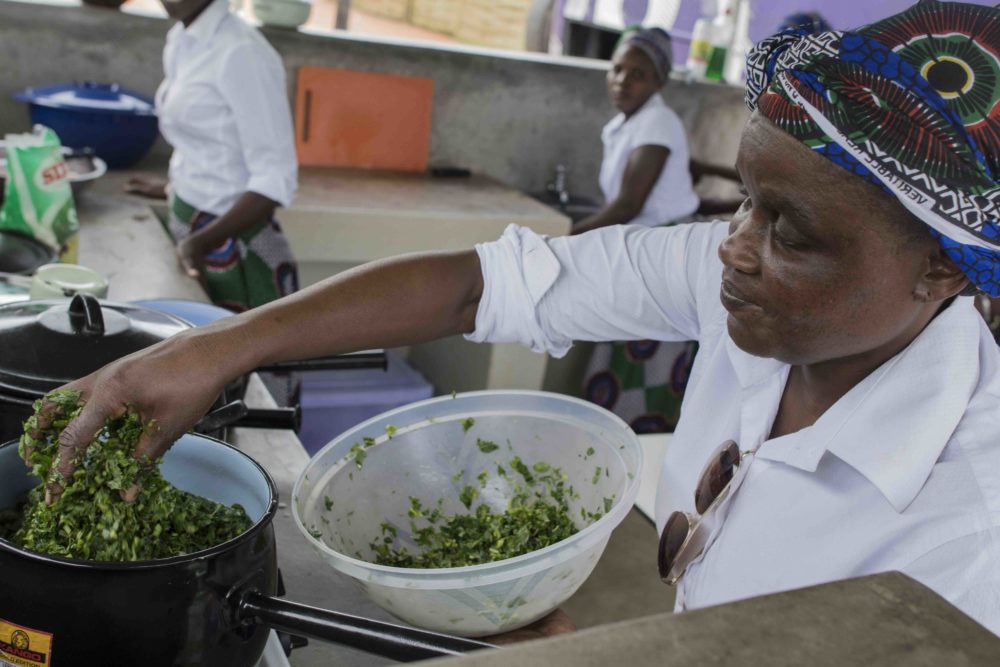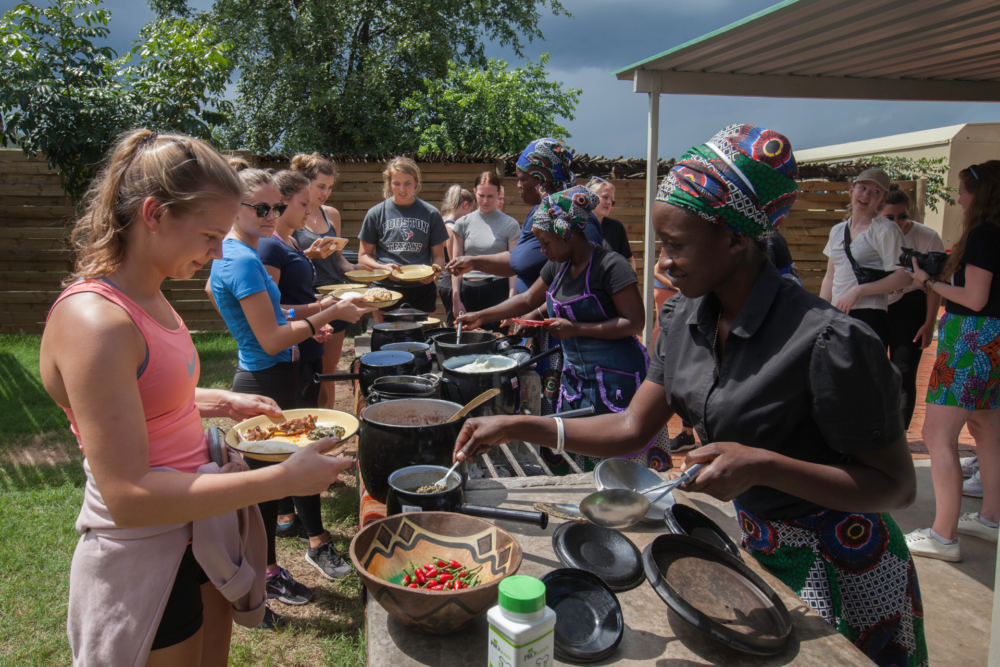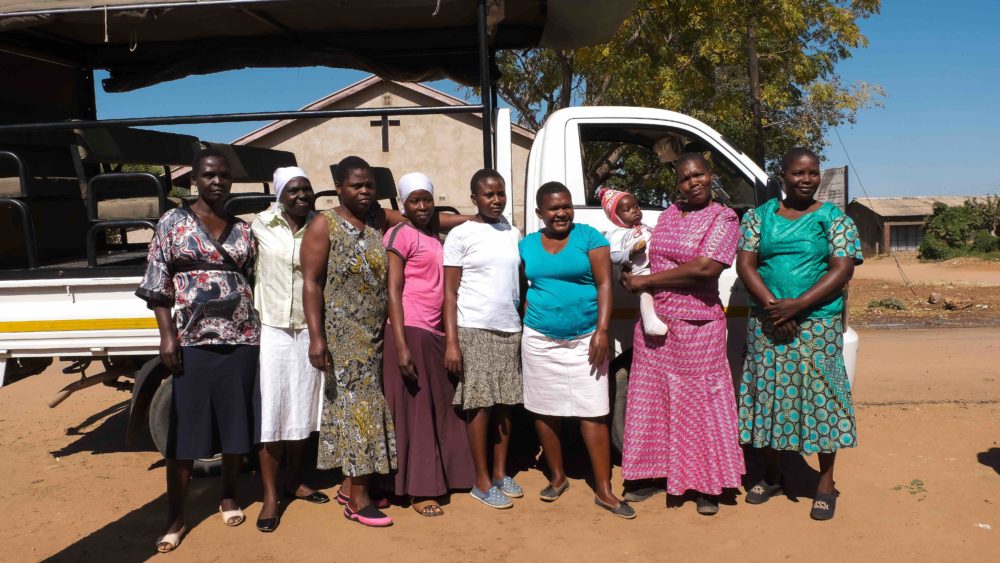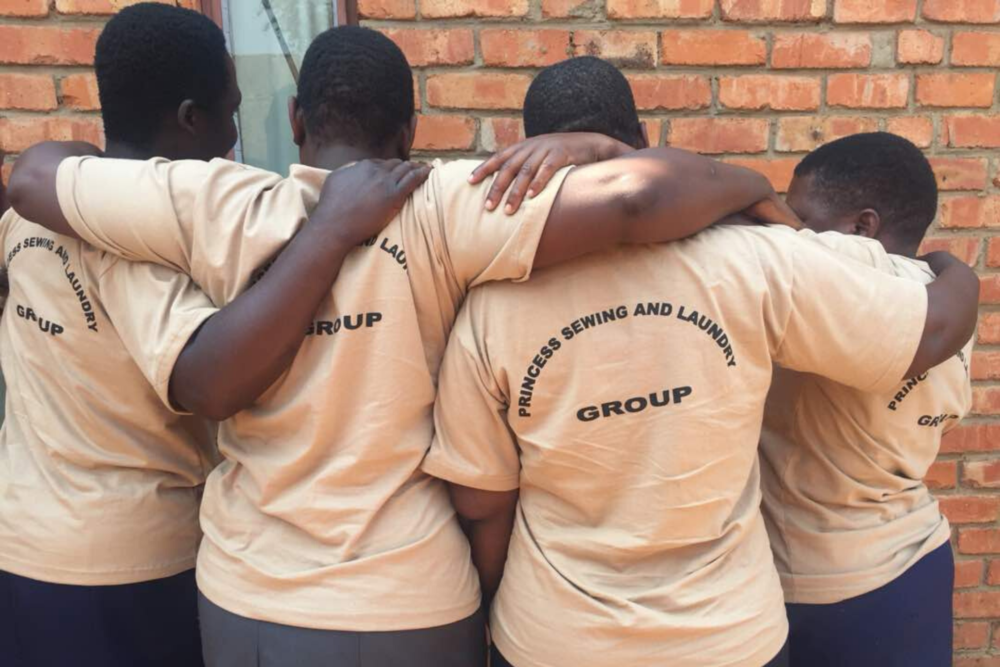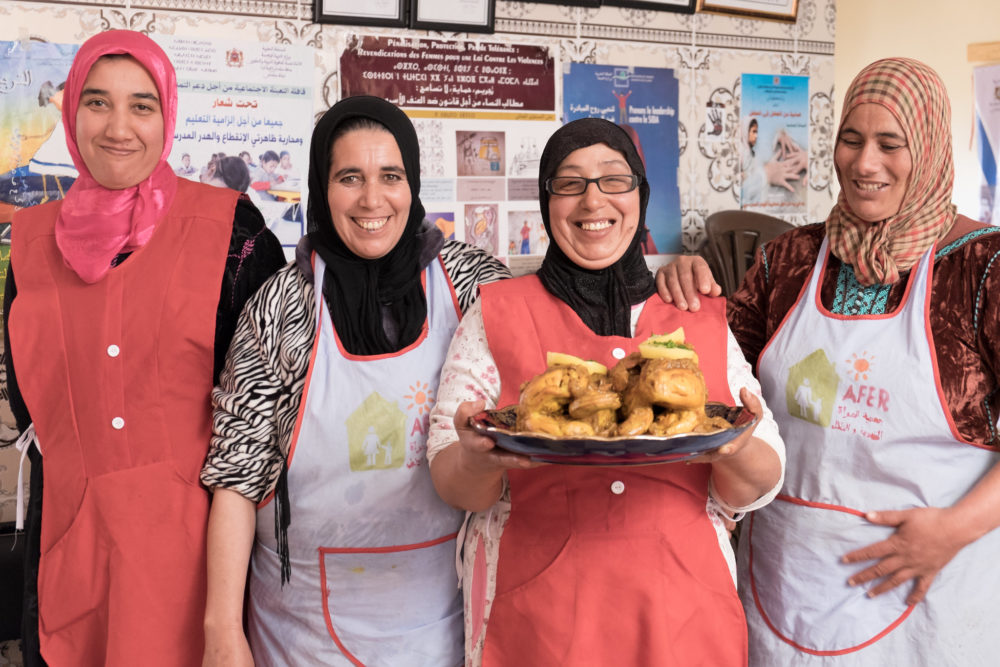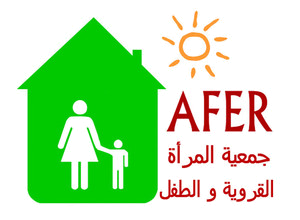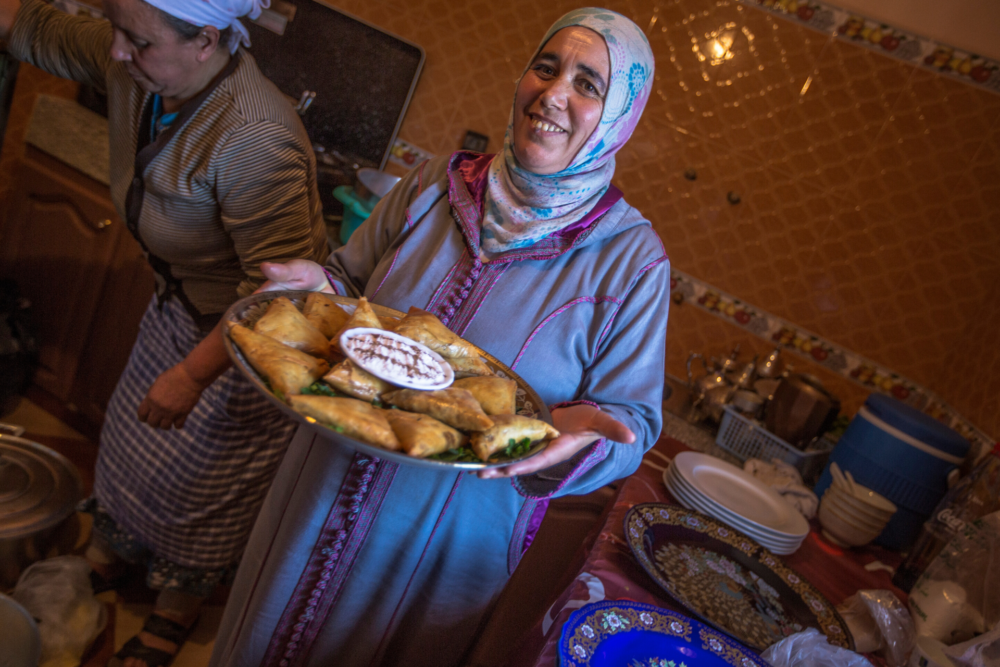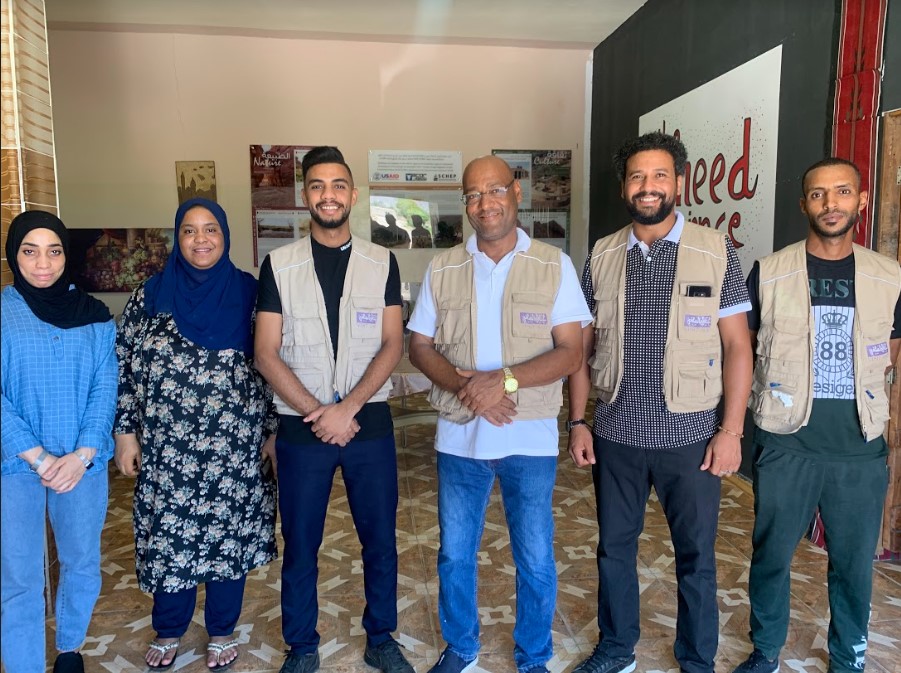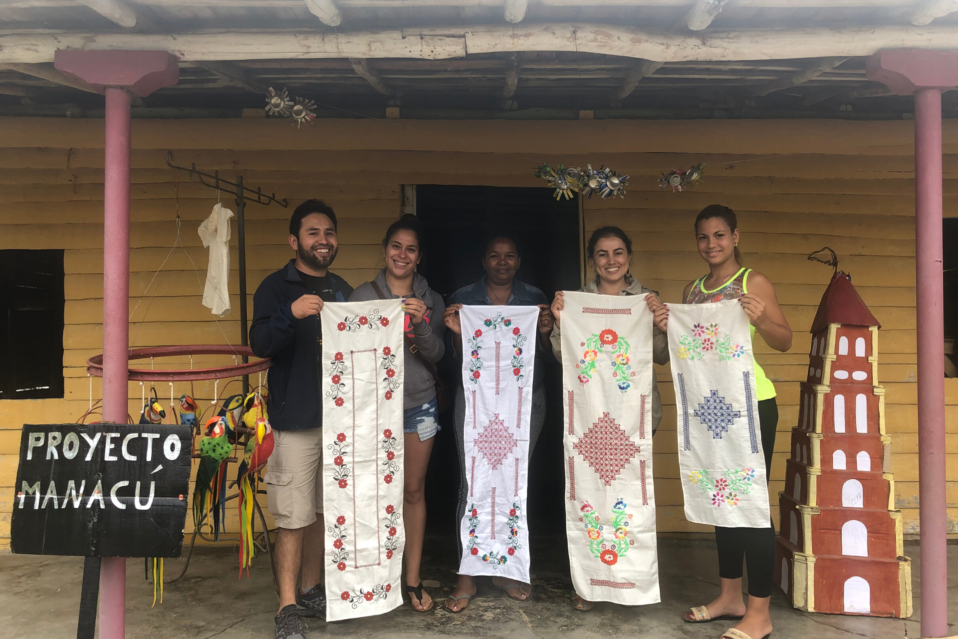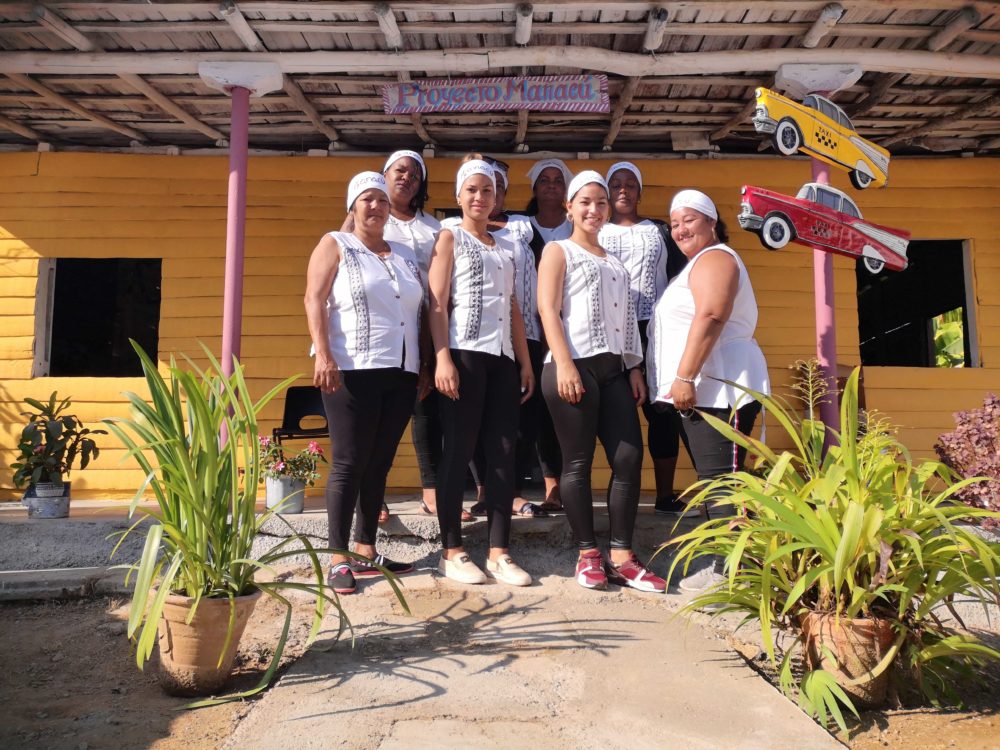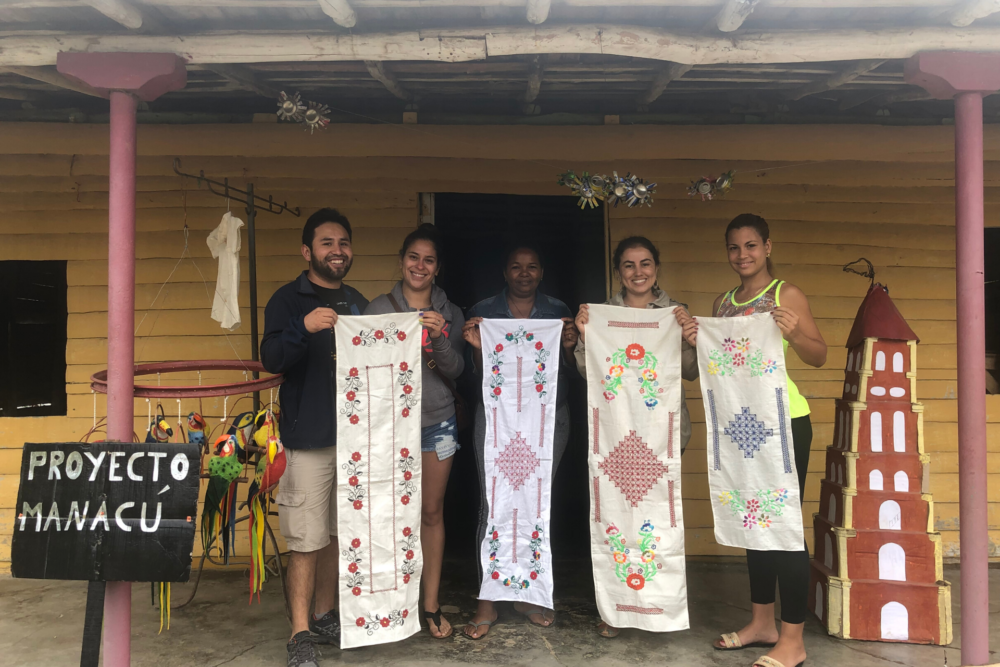Maasai Clean Cookstoves

Impact
So far, the Maasai Stoves & Solar Project has trained over 120 women and installed more than 4,000 stoves in more than 60 Maasai villages across the Serengeti. Planeterra connected Maasai Stoves & Solar with travellers from G Adventures and Travelsphere, and their travellers have supported over 250 of the stoves installed, with each new stove removing 90% of indoor smoke in a family’s home. The engineering team has also created 11 widow support groups that provide social support for widowed women across a number of villages.

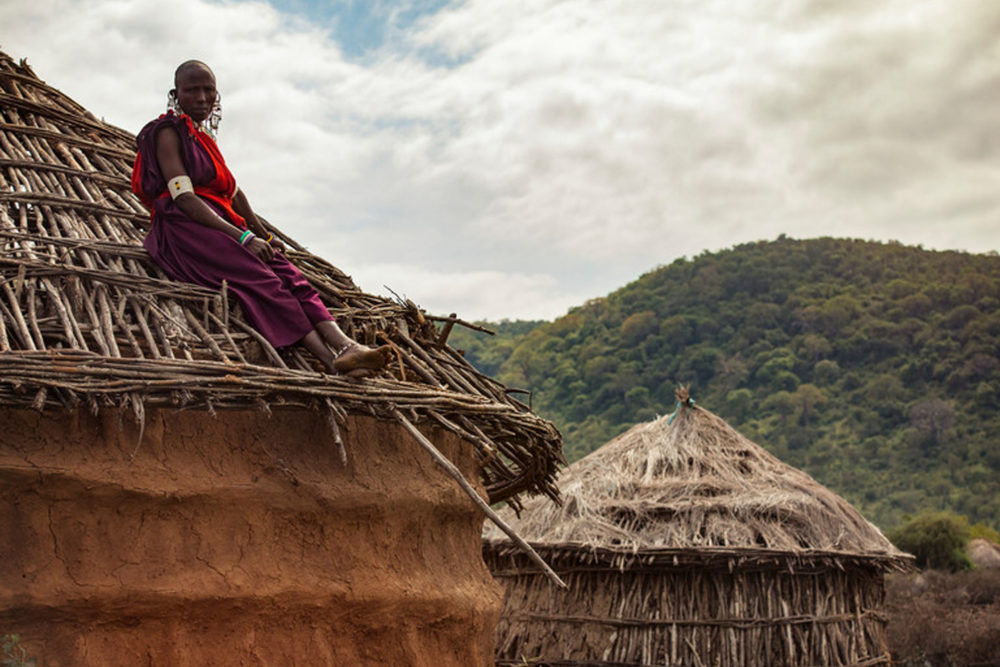
Critical Need
Household air pollution through traditional cooking practices over an open-fire stove or inefficient fuel burning stove is the fourth biggest health risk in the world. Four million people die worldwide each year from exposure to cookstove smoke that causes cancer, pneumonia, heart and lung disease, blindness and burns. Close to half of the pneumonia deaths among children under five can be linked back to the inhalation of particulate matter from indoor smoke. Every eight seconds, smoke from traditional indoor cooking fires claims a life.
The Maasai Stoves & Solar Project has developed a local solution to the problem of indoor air pollution, and have engineered clean cookstoves that can be easily installed into homesteads across East Africa. Affordable and made with local materials, they’re even installed alongside solar lights by an all-female team of engineers.
Our Involvement
Planterra helped the Maasai Stoves & Solar Project to develop an educational experience around the installation of their stoves, and it is their first revenue-generating program related to tourism. The visit is led by the organization’s all-female engineer team, which takes travellers to experience the air quality of a boma (homestead) with and without a clean cookstove. The tour pays for the cost of a new stove in the homes that do not have one. Along with the stoves, the entire boma also receives solar power, increasing security and safety in the homes.
Maasai Stoves & Solar works closely with Maasai women to incorporate their ideas into the stove construction. Through a training course, women become experts of stove and solar panel installation in their villages and neighboring villages. They have also begun training community members on more sustainable methods to create cow feed to avoid environmental destruction due to overgrazing.
